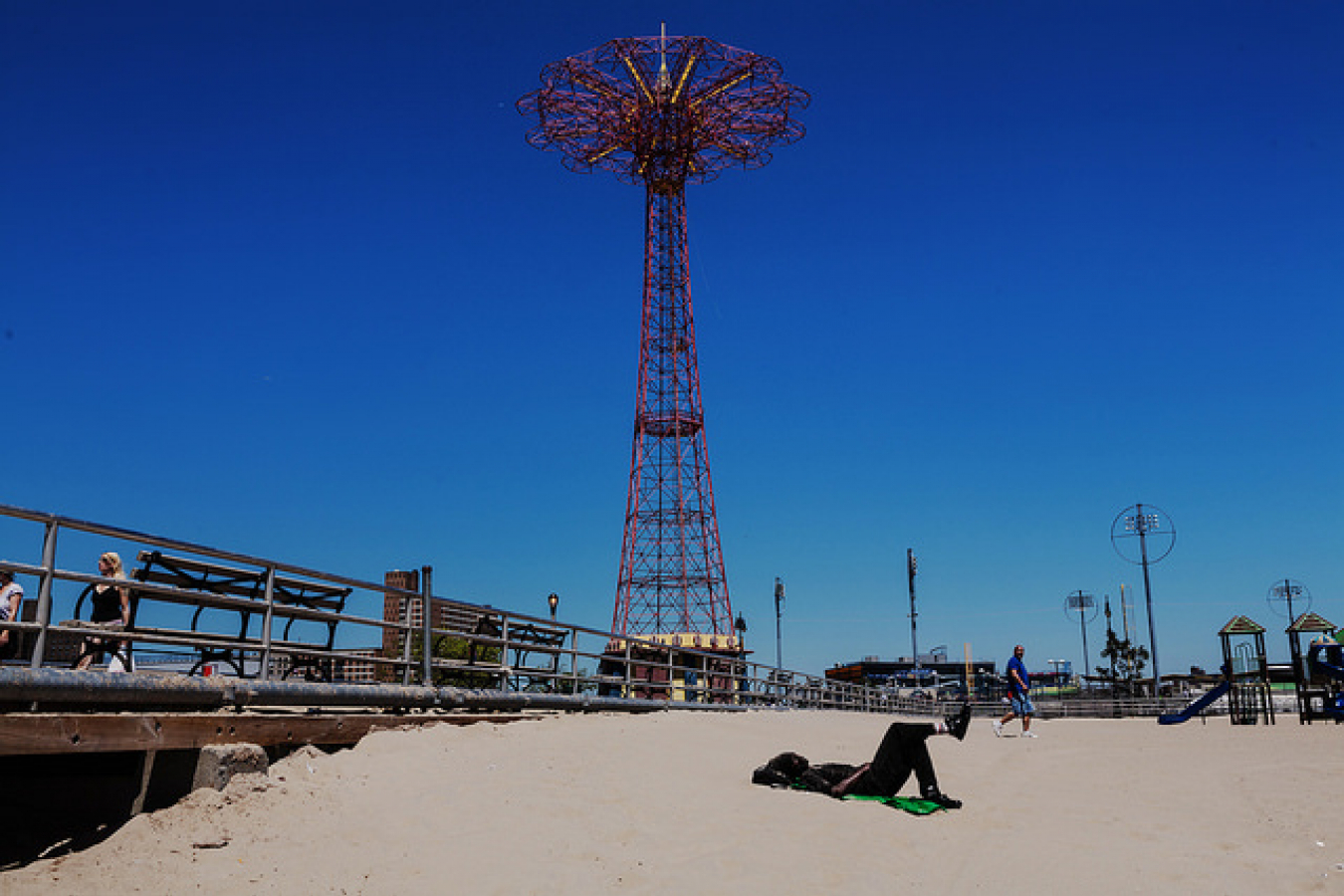Julius and Ella Beno are Hungarian immigrants in the US, ages 81 and 75. They survived when the Russians invaded Budapest in 1956 and arrived in the USA with two suitcases and a 2-week-old baby. They've prospered ever since.
As Hurricane Katrina bore down on their waterfront community last week, they argued vigorously about whether to leave or stay. He wanted to go. She wanted to stay. He finally left, cussing her in Hungarian as he walked out the door and drove off.
"I survived the Russians, I could survive this," Ella says. "My husband built this house. I trusted it."
Julius' hand-built two-story house, which fronts on a canal and faces Lake Pontchartrain, took 2½ feet of water but otherwise emerged intact from the hurricane.
In a bright spot amid the pall that Katrina has cast across the Gulf Coast, life in this affluent neighborhood will go on once things are cleaned up. The Benos and most of their neighbors still have homes.
Katrina unleashed plenty of fury here. But there is a difference between what happened in Slidell, which is 9 feet above sea level, and the epic disaster that is playing out on the south side of Lake Pontchartrain, where most of New Orleans lies 7 feet below sea level.
Unlike the destruction in New Orleans and much of coastal Mississippi, the damage here, which is bad, is more conventional hurricane stuff - roofs blown away, buildings collapsed, trees toppled, boats and cars and other things that weren't tied down upended onto front lawns.
Slidell, sometimes called the "anti-New Orleans" in newspaper travel pages, once was a summer spot for New Orleans bluebloods. Its population today is 25,600. That is triple what it was in 1970. It could keep growing as those who live on the south side of the lake consider their options and seek refuge on higher ground.
Ray Murry, one of Ella's neighbors, says she may be the only one of them who decided to ride Katrina out at home.
After Julius left, Ella says, she watched as the water lapped up toward the second floor. Alone, she carted much of the furniture upstairs. She rolled up the carpet and lifted it to the top of the couch as water rose to the seat cushions.
After Katrina moved on to Mississippi and Alabama, Julius started back home from Jackson, Miss.,, hoping to be home that night. But, blocked roads in downtown Slidell stopped him.
He tried to walk the rest of the way but turned back as evening fell and the water got too deep. He slept in his truck. He tried again the next day, and finally made it two days after the storm after walking 5 miles along a canal.
He stood across from his house, stripped off his clothes, jumped into the water and swam home.
"I come back because I live here," he says.
Ella says her husband of 52 years could have done nothing to persuade her to leave. "I am not going," she says. "I am going only to the cemetery." By the time he arrived, Ella had cleaned up the house.
A faint water line is still visible on the walls. But the cream-colored tile floor is spotless and the grout scrubbed clean - although the Benos are without running water and electricity.
"I am pushing water out all day," she says. "There was so much junk. Everything was so much ocean."
To clean up the mud, she used the water in her neighbor's swimming pool. After a weekend of cleanup, the house looked largely like it did before Katrina hit, except that much of the furniture was still upstairs.
By Sept 5, as the sun set over the lake, the house was sparkling, although the front door was bent around the edges, and the washer and dryer were pushed out of their moorings in the garage. Two jugs of wine stood on the kitchen counter, and a generator was running on the patio outside.
Julius stood in his living room in a small, navy blue Speedo swimsuit, holding a screwdriver. Ella padded around barefoot. He says he'll tear out the sheetrock himself and replace it. "I think I'll have to do it because I don't have too much money in my pocket," he says.
Ella retrieved a wall calendar, where she wrote down the events of the past few days. The inscription for Aug. 29 says in Hungarian: "Katrine megjott" - "Katrina arrives." For Aug. 31, it says, "Julius megjott" - "Julius arrives."




